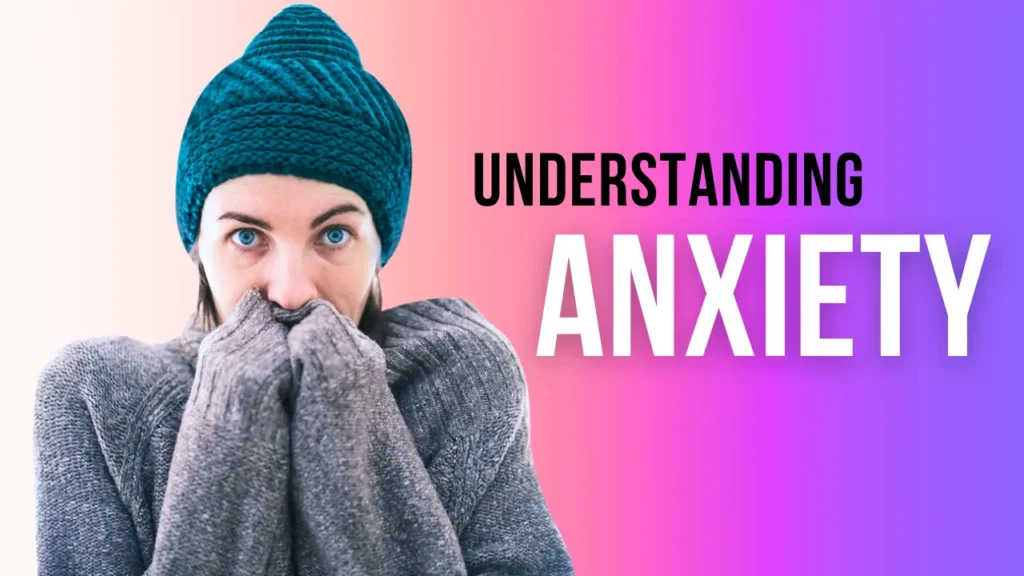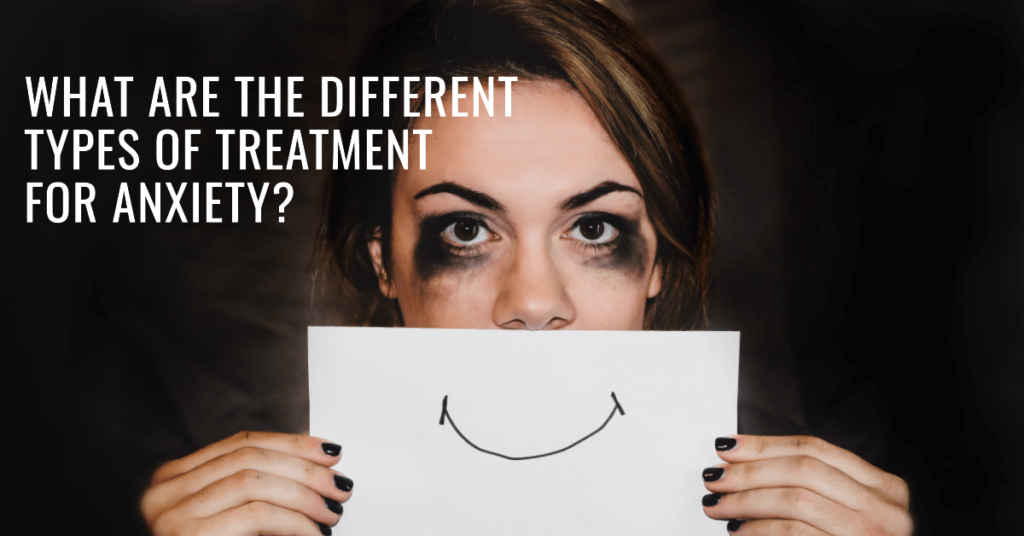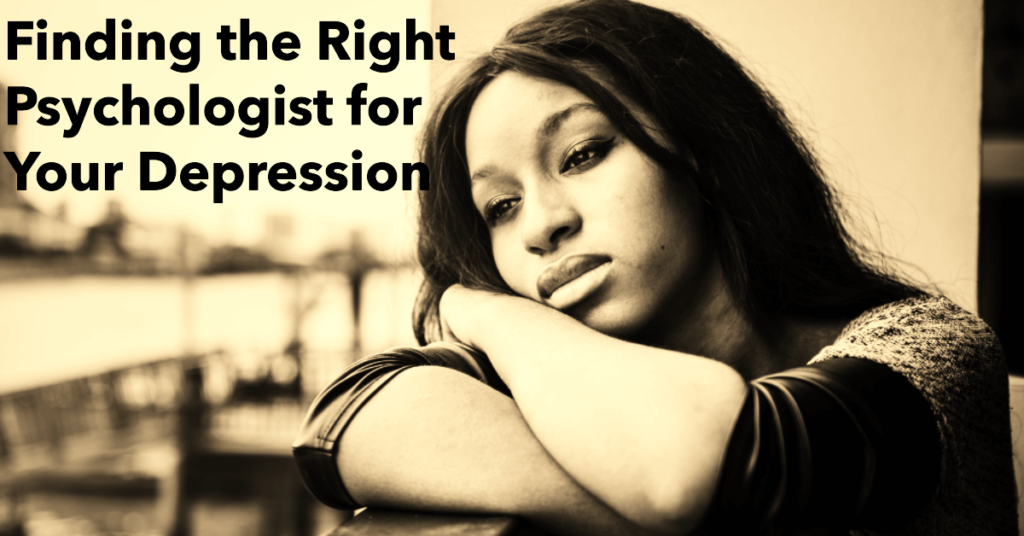What is Depression?
Depression is a term used in clinical practice to describe a number of feelings associated with sadness, frustration, disappointment and sometimes lack of motivation/lethargy.
Depression is different from everyday low mood as it is more intense, lasts longer and interferes with day-to-day functioning. Depression impacts our mind, mood, body and thought and therefore can cause changes in the way we think, feel, behave and impact our physical wellbeing and Mental Health.
Feelings associated with Depression
- Low mood almost everyday
- Loss of interest in previously enjoyed activities
- Feelings of worthlessness/helpless
- Irritable/difficulty controlling anger/temper
- Tearfulness
- Anxious
Thoughts/Thinking associated with Depression
- Difficulty concentrating
- Indecisiveness about many things
- Poor self-esteem
- Pessimism
- Thinking about harming oneself
- Excessive guilt
Behaviour associated with Depression
- Social withdrawal (wanting to be alone)
- Neglecting personal appearance or hygiene
- Easily distracted
- Decreased sexual drive
- Anger outbursts
- Alcohol /drug abuse
- Suicide attempts or harming oneself
Physical symptoms associated with Depression
- Difficulty sleeping (falling asleep or staying asleep)
- appetite changes
- excessive weight loss or weight gain
- Energy levels drop
- Sexual interest decline
- Complains with aches (neck/back)
- Feeling unmotivated to do anything
What causes depression?
Biological factor: Depression often runs in families which suggests that individuals may inherit genes that make them vulnerable to developing depression. Many may inherit the vulnerability to depression but may have never suffered from a depressive illness. There are hormonal changes that occur when one is depressed. During depression, there is a reduced activity of neurotransmitter systems which disturbs certain parts of the brain that regulate functions such as sleep, appetite, sexual drive and mood.
Significant life events: Significant life event that may cause depression vary as individuals are impacted differently. Some stressors that may lead to depression include, financial problems, drug abuse, feeling like a failure, low self-esteem, trauma, illness of a loved one, family problems, unemployment and/or experience of loss. The experience of loss can include: a loved one through separation or death, loss of a job, loss of support, friendship etc.
Dealing with depression
- Getting the support you need plays a big role in lifting the fog of depression and keeping it away. Depression thrives in isolation and loneliness, therefore, it is essential that we maintain close relationships and social activities.
- Aim for eight hours of sleep. Depression typically involves sleep disturbances. Whether you’re sleeping too little or too much, your mood suffers. Get on a better sleep schedule by learning healthy sleep habits.
- Maintain a healthy diet as this has a direct impact on the way you feel. Aim for a balanced diet and reduce substance intake to cope with your adversities
- Get regular exercise even when this may be the last thing you feel like doing. But exercise is a powerful tool for dealing with depression. Regular exercise assists in increasing energy levels and decreasing feelings of fatigue.
- Keep stress in check. Not only does stress prolong and worsen depression, but it can also trigger it. Figure out all the things in your life that stress you out. Once you’ve identified your stressors, make a plan to avoid or minimize their impact.
- If you find your depression getting worse and worse, seek professional help. This involves going through psychotherapy treatment. This will help you understand yourself better and cope with the depression
- Antidepressants can help ease the symptoms of depression and return a person to normal functioning. Ensure that you consult with your psychiatrist or psychologists before using any medication.
Conclusion
In conclusion, depression is a serious mental illness that can significantly impact one‘s physical and mental health and wellness. It can be caused by a variety of factors including biological, environmental, and psychological. It is important to seek help from a professional in order to diagnose and treat the condition. There are a variety of ways of dealing with depression, such as getting the support you need, getting regular exercise, maintaining a healthy diet, and reducing stress. With the right help and support, it is possible to overcome depression and lead a happy and healthy life.







